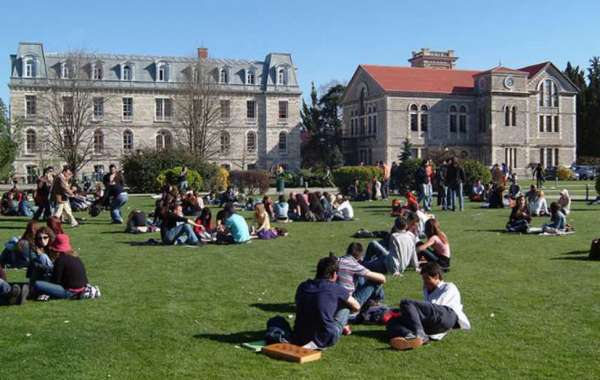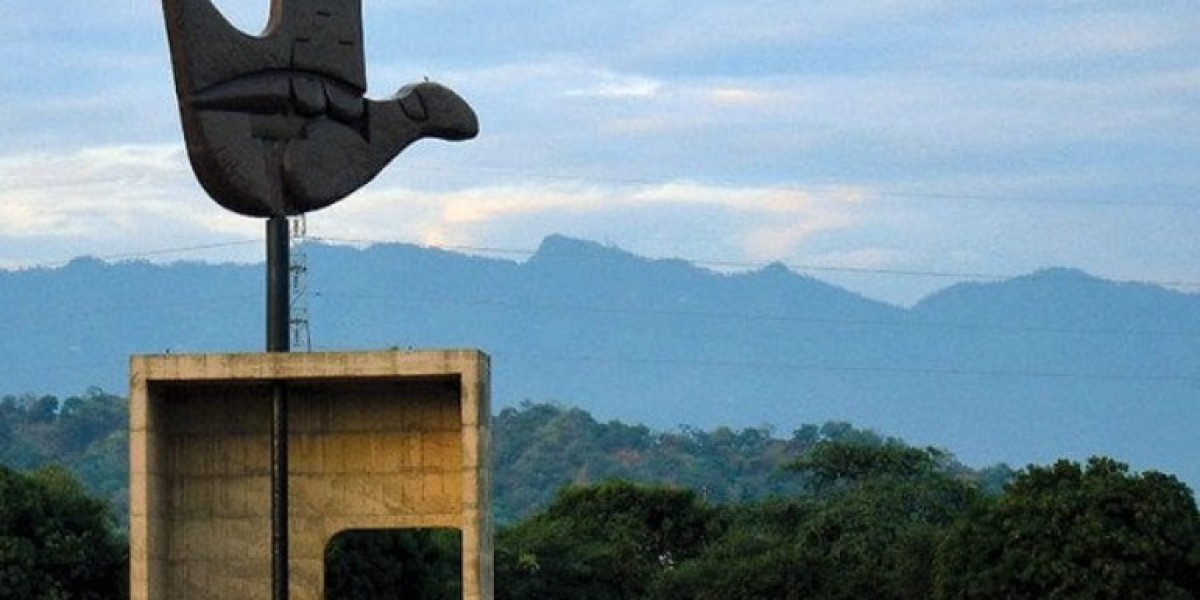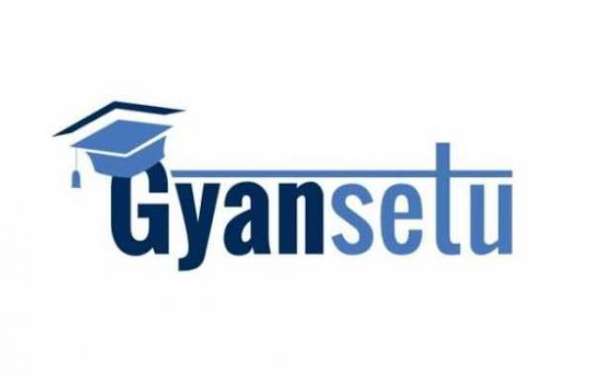Education is the cornerstone of progress and development in any society, and Turkey, with its rich historical and cultural heritage, has continually emphasised the importance of an educated populace. Over the years, the Turkish education system has undergone significant transformations, aligning itself with global standards while also preserving its unique cultural identity. As the nation embraces the challenges of the 21st century, it is imperative to reflect upon the advancements and potential areas for further growth within the Turkish educational framework.
A Historical Perspective:
Turkey's commitment to education can be traced back to the early 19th century when the Ottoman Empire laid the foundations for a modern educational system. Following the establishment of the Republic of Turkey in 1923, education was heralded as a crucial instrument for fostering a progressive and enlightened society. Under the visionary leadership of Mustafa Kemal Atatürk, comprehensive reforms were initiated, emphasising the importance of a standardised and secular education for all citizens.
Current Educational Landscape:
Today, Turkey boasts a well-structured educational system that comprises a three-tiered approach: primary, secondary, and tertiary education. The Ministry of National Education (MEB) plays a pivotal role in overseeing and regulating the national education system, ensuring equitable access and quality education for all Turkish citizens. The system is designed to provide a strong foundation in core subjects while also encouraging students to explore their individual interests and talents.
Primary and secondary education in Turkey is mandatory and free for all children between the ages of 6 and 14, and significant efforts have been made to increase school enrollment rates and reduce gender disparities. The country has also made strides in expanding access to higher education, with numerous universities and colleges offering a diverse range of academic programs to cater to the evolving needs of students and the demands of a globalised economy.
Challenges and Opportunities:
Despite its many successes, the Turkish education system faces certain challenges that require careful attention and innovative solutions. One of the key areas of concern is the disparity in educational quality between urban and rural areas, which often results in unequal opportunities for students across different regions. Additionally, there is a growing need to integrate modern technologies and pedagogical approaches into the curriculum, fostering a more dynamic and interactive learning environment.
To address these challenges, the Turkish government, in collaboration with various educational stakeholders, is actively pursuing reforms aimed at enhancing the quality of education, promoting inclusive practices, and fostering a culture of lifelong learning. Emphasis is being placed on the development of critical thinking, creativity, and problem-solving skills, which are essential for preparing students to thrive in an increasingly complex and interconnected world.
Furthermore, initiatives focusing on vocational and technical education are gaining prominence, catering to the demands of a rapidly evolving job market and equipping students with the practical skills necessary for employment and entrepreneurship.
Looking Ahead:
As Turkey strives to position itself as a global hub for education and innovation, it is crucial to continue fostering an inclusive and dynamic learning environment that nurtures the intellectual, social, and emotional development of its citizens. By prioritising investments in education, fostering research and development, and nurturing a culture of academic excellence, Turkey can further solidify its position as a beacon of knowledge and learning in the region and beyond.
In conclusion, the evolution of education in Turkey reflects the nation's unwavering commitment to progress and enlightenment. By addressing current challenges with strategic reforms and fostering a culture of lifelong learning, Turkey is poised to empower its citizens with the knowledge and skills necessary to navigate the complexities of the modern world and contribute meaningfully to the global community.










